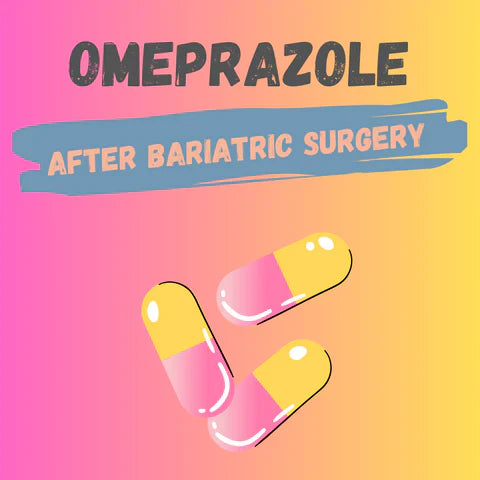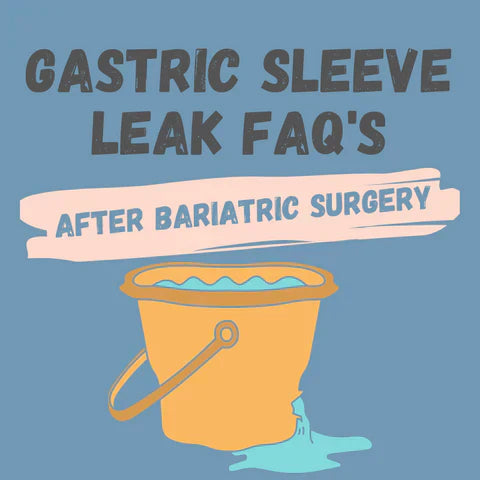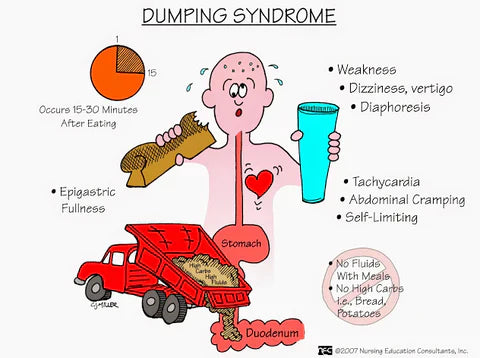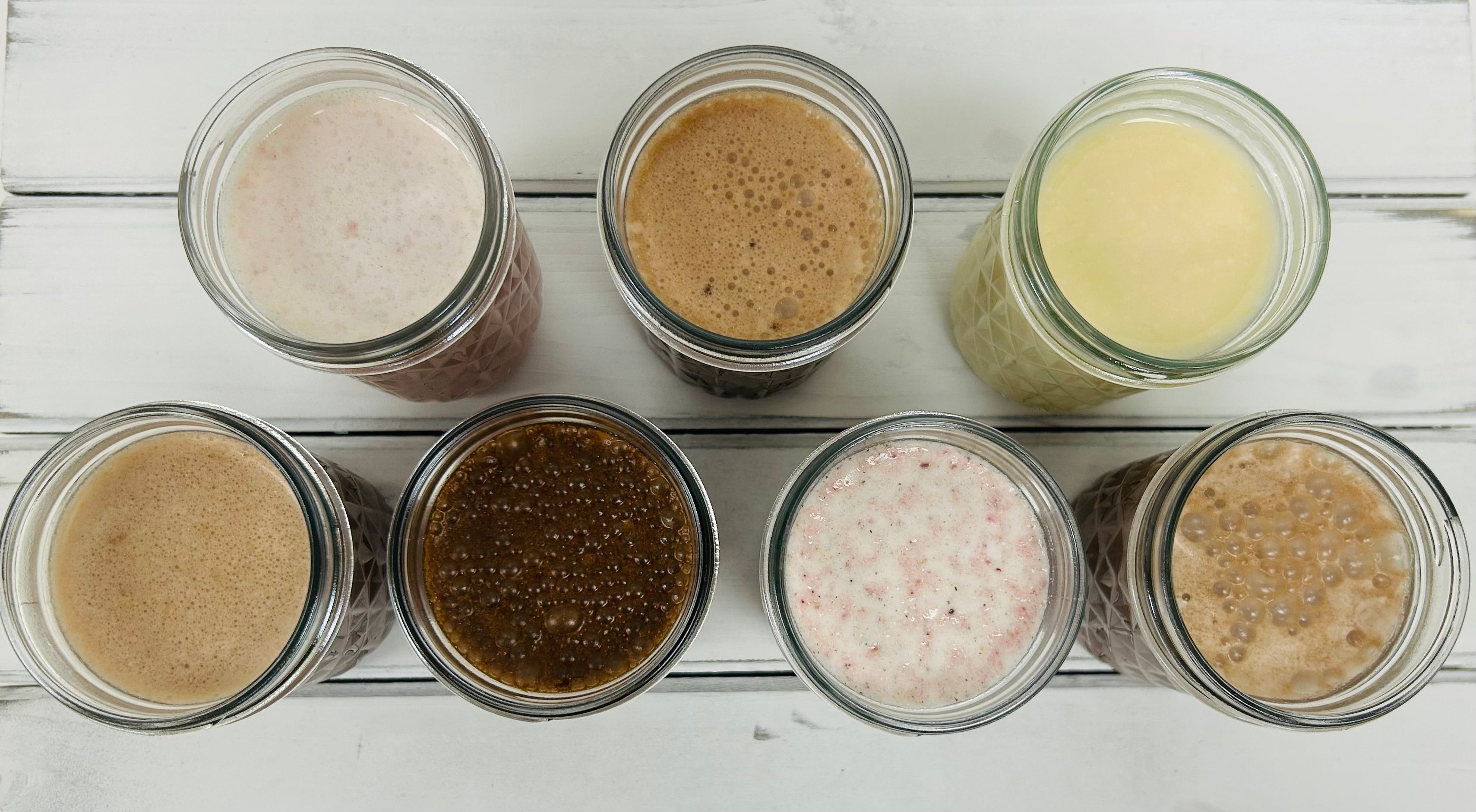Your cart is empty
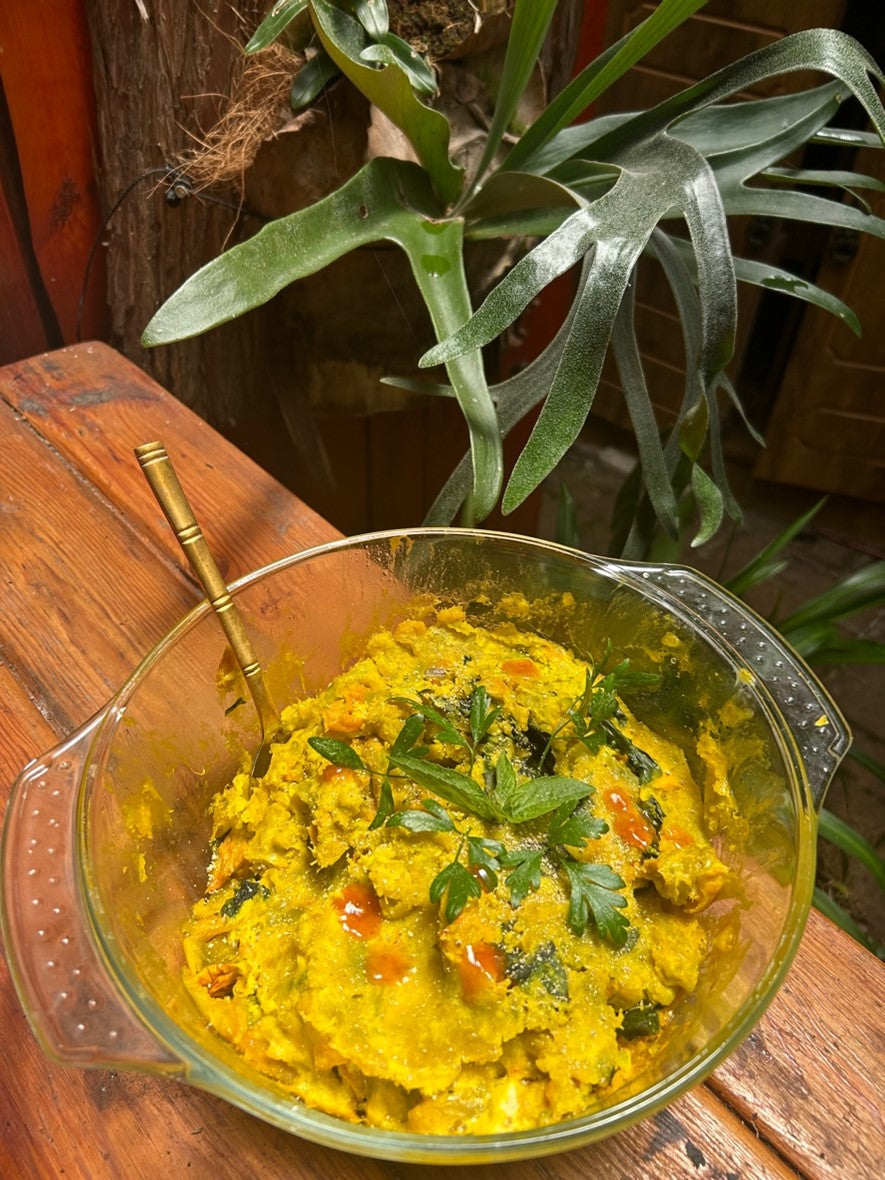
The Pumpkin Diet - A Personal Journey
There is an old saying that “You are what you eat” and if you are here reading this, you are on the same mission I am on. We want quality of us, not quantity. I want to be in a healthy BMI bracket, and in this quest, I need to ensure I consume foods that allow me to enhance my quality and reduce my quantity – to lose weight!
When I was a kid, and did something stupid, my Mom called me a “pumpkin” but little did I know that this would turn out to be a key to not being stupid! Pumpkins, and squash in general, are nutritional treasure chests that help us improve our health, fill our stomachs and, with the correct vitamin and nutritional supplements, achieve a balance of enjoying our food, enjoying our health, and achieving our ideal weight. They also sharpen the mind.
A tendency to be a bit heavy runs strongly in my paternal line with my Grandfather, my Dad, and myself all having a bit of a fondness for sweet things, and the subsequent surge in mass that this causes. It is so easy to gain, but so difficult to lose weight. When I was a kid, I visited my grandmother in Canada in 1993 and she told me how in summer, when it was squash/pumpkin season she had always noticed my Grandad lost weight nicely as he grew squash and ate it all the time when available from his garden. When the squash ran out, he gained weight again. I decided to give this a try and see if it could help me get trim and fit.
The key to being healthy starts in the interface between our gastrointestinal tract and our body. Separating us from our food is a layer of microbes called the microbiome. These microbes help to keep us healthy or unhealthy depending on who they are. It is not a simple 8 strains of microbes that you need to be healthy. This is a microbial forest – thousands of species of bacteria, yeast, fungi, and their viruses, all jostling in an ever-changing proportion to adapt to what you feed them. We want to keep the balance of microbes in a healthy proportion of the ones that make us healthy, help us use our food optimally, and produce vitamins and good things for us.
Keep The Microbiome Healthy
To keep that microbiome healthy, we need a balance of microbes that:
- do not irritate the gastrointestinal tract (IBS),
- do not cause excessive gas,
- allow us to absorb difficult-to-absorb nutrients such as the amino acid tryptophan that allows our brains to work,
- that produce vitamins,
- that do not make us crave sugars and encourage weight gain.
This is where pumpkin comes in. I stumbled across this method while trying to recover from childhood coeliac (gluten sensitivity). I remembered how my family always loved pumpkin squash and started having a breakfast of boiled pumpkin, cooked with butter and eggs and Swiss chard together with a multivitamin. When I was at school in the 1980s-1990s we performed the Cooper Test every month and our physical education teacher recorded the data along with our BMI. When I shifted to this pumpkin breakfast in 1993, my BMI dropped to a very healthy level and my performance in the Cooper Test went from below average to highly above average in two months. My academic performance also improved significantly.
Many years later, as a microbiologist, I can now identify what happened and can share this information, to help you achieve similar results.
My high BMI was caused by an unhealthy gastrointestinal tract that had a low Lactobacilli (good bacteria) population – I had an overgrowth of yeasts that irritated my system and caused me to crave sugar when under stress. This caused more yeast to grow and caused an overgrowth of bacteria that made solvents and methane. These bacteria irritated my intestines and made me produce so much toxic gas I literally blew holes in my underwear and was sometimes socially ostracized. This was not good! I used to crave my huge bowl of cornflakes smothered in sugar and syrup for breakfast and had an unhealthy BMI.
Shifting over to the pumpkin diet, my intestines had little sugar going into them, causing a rapid die-off for the yeast and bacteria that thrived on this. Gradually, bacteria able to be nourished by fiber and inulin started to thrive, and these bacteria produced lactic acid – which killed off the bad Candida yeasts. I stopped craving and feeling hungry all the time. Within no time, I had reduced my calorific intake, increased my nutrient absorption, and increased the nutrient density of my food. I went from zero to hero and have stuck to this diet for 38 years since, maintaining my health and BMI within an optimum range. Every now and then I slip out of this routine and get punished!!
The Pumpkin Breakfast
The pumpkin breakfast is simple – cut up pumpkin into cubes and cook it (I either steam it or nuke it in the microwave for 15 minutes). Add butter (in many cases, a sour milk butter can have health advantages greater than margarine) add three eggs (for lecithin) a bit of chopped Swiss chard, mash it, cook it a bit more, and garnish it with parsley, cilantro, or celeriac, fresh cracked pepper and then eat it. It is important to combine this breakfast with the right vitamins, and essential fatty acids, together with a probiotic supplement and I personally just think we should always start the day with chelated zinc. Somehow, this just makes me feel great – it may not be for you, but for me, this breakfast helps me maintain a healthy BMI, and perform at a very high level. There is some interesting, documented evidence emerging of how this can also help with autism.

I am fortunate enough to be able to grow my own squash. Over the years I have bred a squash that is not sweet but has a firm rich texture. Hubbard and Turban squashes are good commercial types with these properties.

The squash is cubed and steamed or microwaved until cooked.

I mix chopped Swiss chard and eggs, together with butter into the mixture and cook it a little more after mashing it all up. If you wish, you can add onions, garlic, or chives.

The completed breakfast/brunch can be garnished with fresh herbs and seasoned as you see fit – I use black pepper and chili – and then eaten! This will keep you feeling full and satisfied for 5 or more hours before you need to eat anything again. It has a very low-calorie nature and is full of vitamins and minerals. The benefits are felt within a day or two of starting this breakfast.
In Conclusion
As humans, we are complex organisms, composed of our own body cells, and the microbes that live with us keeping our bodies and minds healthy. Much of the modern human diet pushes the wrong microbes into a position of dominance in our bodies, leading to unhealthy minds, bodies, and lives. I hope that sharing my personal accidental discovery of this pumpkin diet – something that is now being proven by science to have some merit – combined with the correct vitamin and essential fatty acid supplementation will help you on your journey to a healthier you. This diet worked for me, and I sought the advice of a friend who was a dietician who worked through the remainder of my daily food intake to ensure I did not damage myself. If you do decide to try the pumpkin breakfast diet, make sure to seek professional advice with regard to your nutritional intake for the remainder of the day to ensure that you are the best, most vibrant version of yourself that you can be.
Writer: Dr. G. Cambray Dr. Cambray has a PhD in applied microbiology and works in several fields including research into products that enhance the human microbiome. He is a beekeeper, gardener, and mushroom cultivator who believes you are what you eat. In this regard, you must pay special attention to the quality of the food and supplements you consume to ensure you can be the best version of yourself. |
Reviewed By: Dr. K. Huffman Dr. Kevin D. Huffman, D.O., is a board-certified bariatric physician renowned for his expertise in treating obesity. With over 10,000 patients and a reputation as a national leader in bariatric medicine, he has trained hundreds of healthcare providers. Dr. Huffman develops protocols and training materials for medical societies, pharmaceutical companies, patients, and hospitals. |
- Choosing a selection results in a full page refresh.





